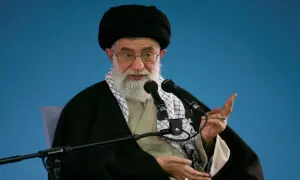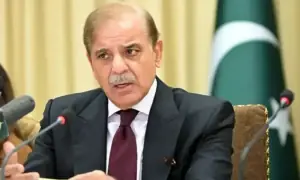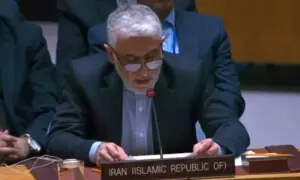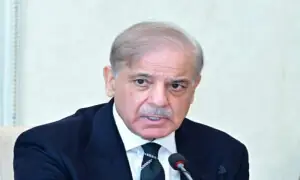Did Nobel Institute just reject Imran Khan’s nomination for peace prize?
3 min readA director of Norway’s Nobel Institute has criticized a Norwegian political party for allegedly exploiting the Nobel Peace Prize nomination process for political gain.
The Norwegian Centre Party had announced its intention to nominate Pakistan Tehreek-e-Insaf (PTI) founder Imran Khan for the Nobel Peace Prize. According to Norwegian media, party leader Geir Lippestad stated in a January livestream that Norway’s most significant contribution could be nominating Khan, urging support from the Pakistani-Norwegian community to gain a seat in the Storting (Norwegian Parliament) to push for the nomination.
Nobel Institute’s response
Norwegian newspaper NRK reported that Kristian Berg Harpviken, a director at the Nobel Institute, has reacted to the controversy. In an article, he pointed out that Lippestad is eager to secure a parliamentary seat and is attempting to gain maximum support from the Pakistani-Norwegian community.
Harpviken criticized the move, stating that this is the first time a Norwegian politician has used the Nobel Peace Prize for personal political ambitions. He warned of multiple consequences, including creating a false impression that a Norwegian politician can influence the nomination process, casting doubts over the credibility of the prize, and potentially raising security concerns for both the nominee and the nominator.
The newspaper paraphrased his statments in the following manner:
-
What is happening here is probably that Lippestad strongly wants a seat in the Storting. And he wants to secure as many votes as possible in the Norwegian-Pakistani community.
-
This may create the false impression that a Norwegian politician has particular influence on who is nominated for – and awarded – the Nobel Peace Prize.
-
Trust in the award-giving process may be weakened, even if it is based on expert assessments
-
It can pose a security risk for both the nominee and the nominator, since candidates often find themselves in politically sensitive situations.
-
There have been many cases where sitting members of parliament have been open about who they have nominated. What is special here is that a person who does not sit in the Storting, but wants to be there, specifically promises who he will nominate.
Debate over nominations
While Lippestad defended his stance by stating that Norwegian politicians have previously discussed Nobel nominations, Harpviken emphasized that this case is unique since Lippestad is not yet a member of the Storting but is seeking to enter it.
The discussion gained momentum after the Centre Party recently posted on social media platform X, suggesting that Khan should be nominated and claiming that they had collaborated with eligible nominators to do so. This led to speculation, particularly on social media and in Indian media, that Khan had already been nominated.
However, Norwegian media clarified that the Centre Party lacks the authority to nominate candidates for the prize. Following the Nobel Institute director’s response, rumors have circulated online that Khan’s nomination has been rejected.
It is important to note that the Nobel Committee decides on nominations, and the process is kept strictly confidential.
For the latest news, follow us on Twitter @Aaj_Urdu. We are also on Facebook, Instagram and YouTube.



























Comments are closed on this story.